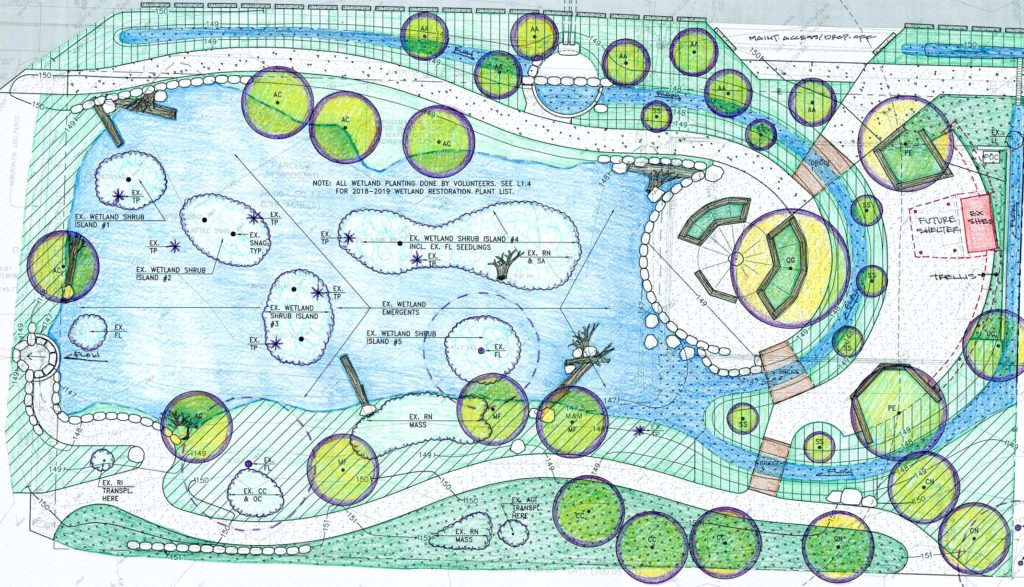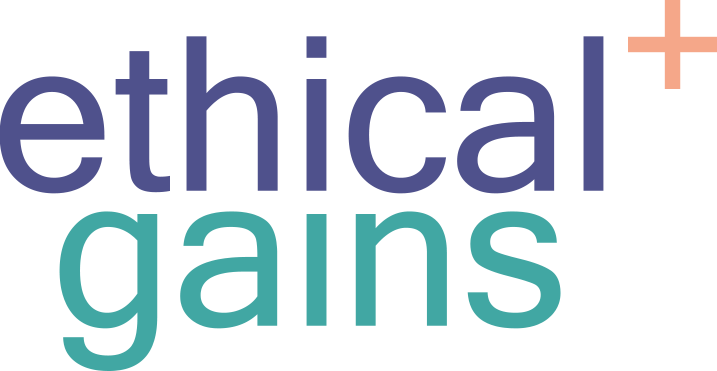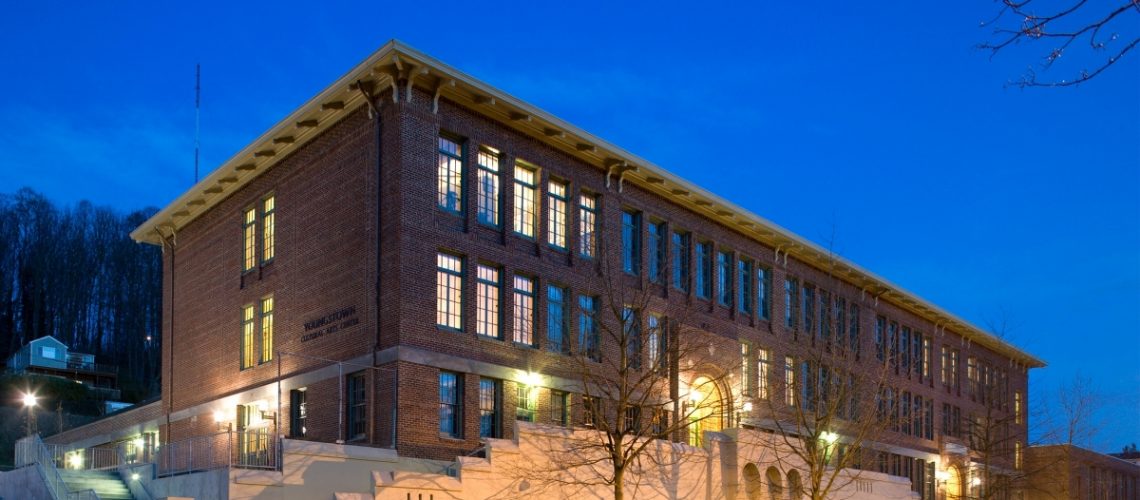The Delridge district in West Seattle is considered by many to be a troubled area. The crime rate there is higher than that of Seattle, and the median income is lower. But Delridge is actually a hidden gem. Settled near the Duwamish River, it is one of the most diverse areas in Seattle, and it is rich with local history. One organization is working hard to bring out its shine; the Delridge Neighborhoods Development Association. And we think they’re killing it!
The Delridge Neighborhoods Development Association has been dedicated to serving the Delridge area for more than 20 years. They’re committed to social, racial, and environmental justice, and are dedicated to promoting affordable housing for a full range of incomes. Let’s take a look at some of the reasons that we love the DNDA!
The Youngstown Cultural Arts Center
Art in communities has a bunch of benefits to the residents. It improves a sense of pride in their community, beautifies the built environment, encourages political expression and civic engagement, and brings people together across cultural and economic barriers.
The Youngstown Cultural Arts Center opened in 2006, and has been offering artistic and cultural enrichment ever since. Housed in the former Cooper School, an historic building constructed in 1917, the center offers arts facilities for community organizations and low-income artists, giving the creative community of Delridge the opportunity to work and thrive. It also offers offices for several other non-profit organizations and below-market rates.
The center employs staff with technical expertise in the performing arts, from lighting and sound to event management. This allows artists to perform at their best at affordable rates, bringing music and theater to the community.
The center also partners with local producers and performers, offers consultation and technical assistance to those developing creative projects and groups seeking to engage diverse communities, especially the youth in those communities.
The Delridge Wetland Park Project

Longfellow Creek flows through West Seattle, and through Delridge. It drains more than 2,000 acres of land, and as a result is vulnerable to runoff pollution from the surrounding urban areas. Pollution of the creek is harming the coho salmon population, and it harms the local community as well.
The Delridge Neighborhoods Development Association is creating a wetlands park, with the intention of restoring local wetlands. Wetlands provide a host of environmental services, including providing an environment that cleans local surface water. The development of the wetland park will help mitigate the pollution of Longfellow Creek, reduce local flooding, and provide a buffer for that pollution in the future.
But that’s not all that the DNDA is doing with this project. The Wetland Park Project will also be a place where the community can gather, offering a walk into the natural environment. DNDA plans to create a community garden in the park, offering Delridge residents the space to grow their own food, and a public orchard to provide delicious fruit.
The DNDA also offers wetland workshops, bringing the community together to learn more about the precious wetlands in their neighborhoods. They bring classroom visits to the wetland to start environmental education early. So far, they’ve engaged 172 volunteers, and planted 2,500 native wetland plants.
Urban Forest Restoration

Seattle is known as the Emerald City for its lush green landscapes, but it was founded as a logging town and as the city continues to grow, green spaces are in danger. This means that habitats for native plants and animals are threatened. The West Duwamish Greenbelt and the Longfellow Creek area represent the largest remaining areas of contiguous forest in the city, and the DNDA is committed to helping preserve and restore them through their Urban Forest Restoration program!
The forest is home to bald eagles, hawks, foxes, salamanders and other local wildlife. Forests help to reduce stormwater runoff and like wetlands, help to filter the water that flows to creeks, rivers, and eventually the sea. Since the Duwamish River is one of the most polluted rivers in the country due to industrial development in the area, these environmental services are sorely needed.
Urban forests also provide benefits to human residents. Spending time in nature reduces stress and improves mood, and public spaces help bring community members together.
The landscape of the forest has changed since colonization. Logging native trees in the area has increased erosion and allowed invasive weeds and trees to populate the forest.
The DNDA enlists and supports volunteers in efforts to maintain and restore this forest. Volunteers work to remove invasive weeds, improve the soil, mitigate erosion problems, and plant native trees and shrubs.
This restoration project is vital to the ecosystem and the local community, and it wouldn’t be happening without the Delridge Neighborhoods Development Association!
These are just a few of the projects that the DNDA is working on to improve the lives of residents in the Delridge area. They demonstrate why we love the work that they’re doing, and why we think they’re a non-profit that’s really killing it! If you think they’re killing it too, you can support them by donating or volunteering!




